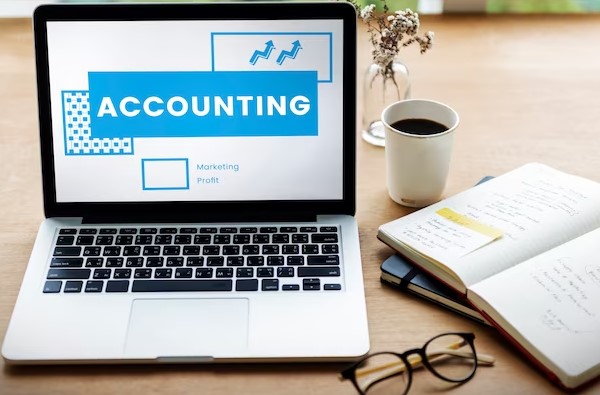Having a startup business is an exciting journey. But most small businesses fail within the first few years. You might not know why, but starting a small business is not enough.
If you want to start off right, you need to know how to set up business accounting. You need to know how to manage your finances as a small business. You need a good team to help you.
We will go over accounting and how to set up your accounting department for your business. Discussing the basics and how to build your team is also included.
Establish an Accounting Structure
Establishing an essential accounting structure is one of the important business tips. An accounting structure should include a single or double-entry bookkeeping system. This must be based on the specific business’s needs.
It is also important to create clear management structures. It should include a Chief Financial Officer and a Chief Accounting Officer. Include a customer service or accounts payable/receivable department, depending on the business’s size and scope of operations. You also need to establish a budget as a way to track revenues and costs.
Get to Know Accounting Rules and Regulations
You must be familiar with accounting rules and regulations. This starts by researching the local, state, and federal laws that apply to the business.
It might be necessary to consult a professional accountant. Doing so helps ensure that the business will comply with all necessary standards. Once the laws are understood, policies and procedures need to be established.
Select Necessary Software and Resources
Selecting the right resources for a small business accounting department is essential. To begin, talk to other small business owners nearby to find out what software they use and get recommendations.
Research the most popular and up-to-date software options online or in journal articles. Consider cost, ease of use, accessibility, and customer service. Read reviews from real users to gain further insight.
Develop a Process for Recording Transactions
To begin, define what transactions need to be recorded and for what purpose. This may involve manual write-ups and the use of accounting software.
After determining this, you must maintain your accounting records. This will include balancing the accounts, tracking expenses, and recording deposits and withdrawals. Establish an audit process to ensure accuracy and compliance with financial regulations.
Additionally, designate an accounting manager to oversee the day-to-day operations. It also helps ensure all transactions are performed on time and documented properly.

Strategize Goals for Maintaining Accurate Records
An important goal is to establish a system of accounts that accurately reflects the financial activity of the business. This system should include the ability to monitor account balances. It must also be capable of reconciling discrepancies and identifying the nature of all transactions.
Establish a financial policy to guide decisions and to provide integrity to the accounting process. Adopt a system to enable timely reporting of financial data and to track transaction changes over time. Check out this service found here for all of your accounting needs.
Avoid Business Failure by Having an Accounting Department
Setting up an accounting department in a small business can be challenging, but it is possible. You can develop an accounting system that ensures accuracy and efficiency with the right strategies and resources in place. From adopting accounting software to hiring the best accounting professionals, the key is taking the first step today.




